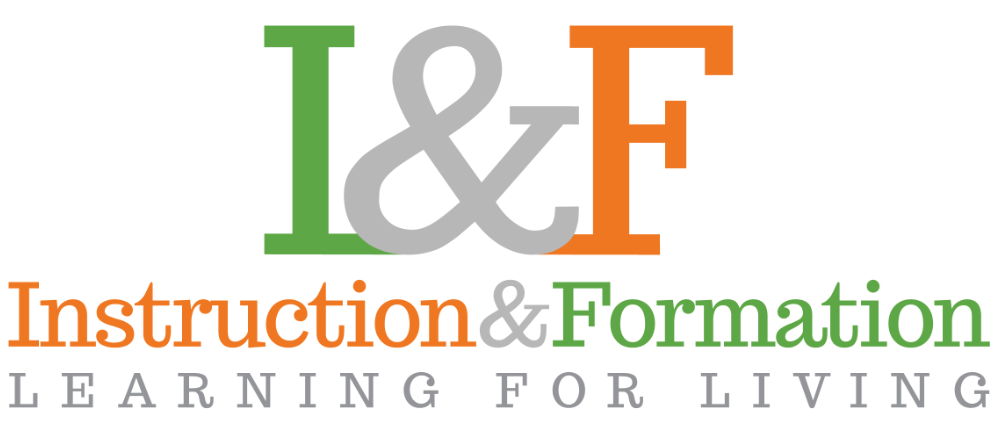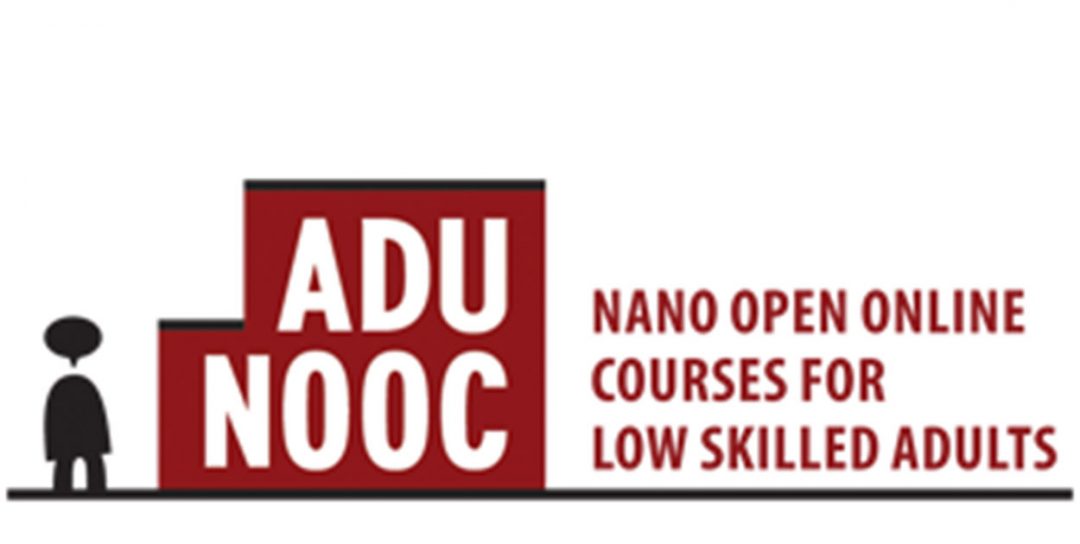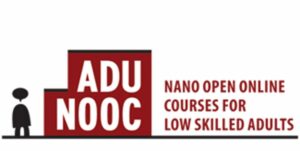In European dimension, an important issue that has still to be explored is the applicability in contexts where competences and skills owned by low qualified have to be considered. In this case, equivalence rules enabling a comprehensive comparison of qualifications from different education and training systems are often unavailable. Moreover, there are situations (like, for instance, in the human resource acquisition phases) were a check on owned qualifications is not sufficient. In fact, in these cases, job-seekers’ competences possibly achieved in non formal contexts have to be analytically matched against skills needed for the particular job offer. There is still a very big GAP for the low skilled and different technical and industry backgrounds enhanced the team´s ability to solve problems rapidly by taking or combining the best approaches, which in turn drove innovations in process and style. We almost always need to come up with ideas for new ways to do things, almost every single day. Most of our jobs are about problem solving having that wide range of different approaches is always the best way. (Coworker, Visual Effects, 80-90% low skilled Large). Training is an area where hiring low skilled had little impact. Low skilled were generally seen to have the same training needs as co-workers, usually because the business had a standard training provision in place for all employees. However, in a few instances, low skilled required different or additional training, most commonly to improve their social and job skills or to address cultural and communications issues.
ADU-NOOC will assure the recognition of the existing competences by using assessment tool and will encourage development of new competences for low skilled people in Europe. According to the Strategic framework Education & Training 2020 Adult learning is crucial for low qualified people as they may require different skills from those that they used in their countries of origin for their new careers.
The aim of the project- to engage low skilled adults for recognition of the existing skills and competences and to develop new skills and competences by taking NOOCs method based training programme.
The objectives are:
1. To develop Assessment tool for recognition qualifications and competences of low skilled people.
2. To increase the motivation and reduce disparities in learning outcomes of low skilled adults by suggesting digital program based on NOOCs method for new skills and competence development;
To meet the above mentioned needs and implement the objectives, the partnership will prepare 3 intellectual outputs: assessment tool (O1), Training program (O2), and methodology on running training program (O3).
Target groups: low skilled, low qualified people and disadvantaged groups.
This project should be carried out transnationally because the challenges, faced by low skilled and low qualified people, are common across the EU. Solving the identified GAPs related with low skilled people transnationally will contribute to the well-being of EU. IO (O1,O2, O3) – complex and systematic means for improving low skilled people competencies will be built by integrating partners innovative, attractive, modern achievements and methods in the respective thematic areas. The project will adapt the good practices from IE, ES to project partner countries.
For further information, please visit: https://adunooc.ndma.lt/




